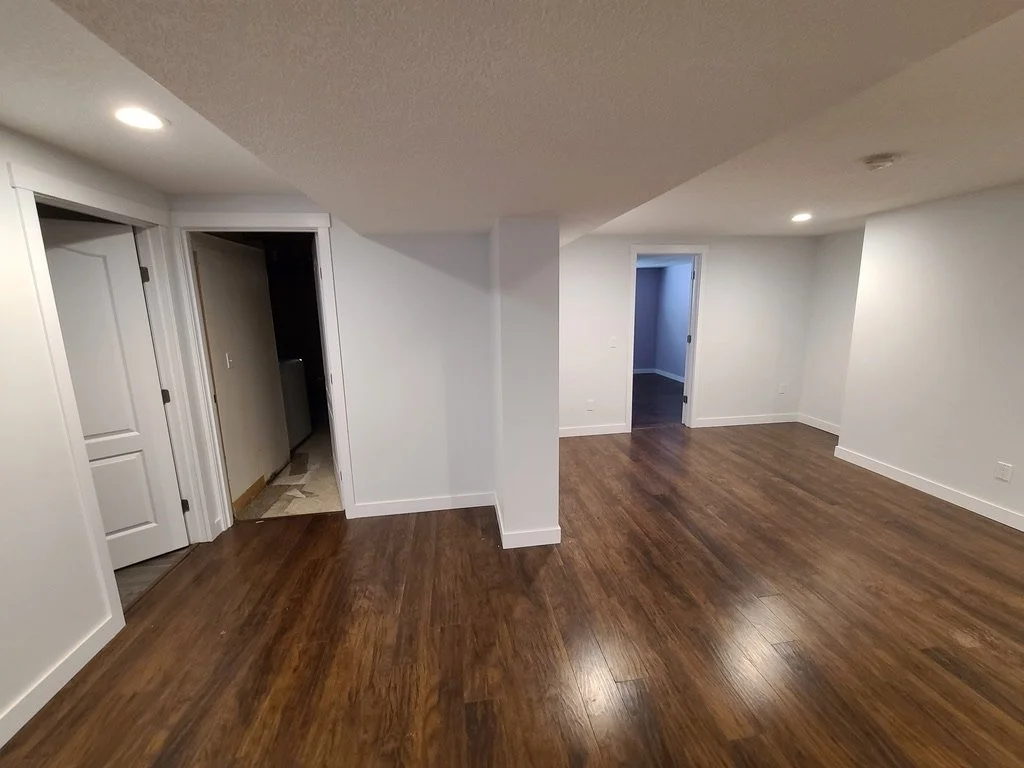Vinyl Flooring: Everything You Need to Know Before You Buy.
Vinyl Flooring is a demanding and value-for-money choice for property owners. This type of flooring stands today as a stylish and versatile. Most importantly, Vinyl flooring is moisture resistant.
Here is the comprehensive guide to help you make an informed decision:
Benefits of Vinyl Flooring:
Durability: This type of tile can last up to 20 years
Water Resistance: It has a high water resistance capacity. Every property owner wants their property to be long-lasting and durable.
Easy Installation:
There are three major types of installation guides:-
Glue–down: This installation provides the most permanent and stable result.
Interlocking: This is more affordable than glue-down and easy to install.
Loose-lay: Without using adhesive, this tile allows you to replace and repair easily.
Cost-Effective: This type of flooring is very cost-effective and easy to replace.
Type of Vinyl Flooring:
There are several types of vinyl flooring available to choose from.
Luxury Vinyl Planks: It is the most demanding and popular choice that simulates the look of hardwood planks. It has good water resistance. Also, the pricing range is affordable, approximately $2.50 to $5.0 per square foot.
Luxury Vinyl Tiles: They replicate stone or ceramic tile and come in various sizes and shapes like rectangle, hexagon and square. The pricing range starts from approx Euro 20 to 80 per square meter.
Sheet Vinyl: A large roll of 6 to 12 feet wide, so wasy to install and suitable for high- traffic area. Also the property owner, who are more conscious for pricing, the range starts from $0.50 to $2.0 per square foot.
Vinyl Composite Tile: This type of tile is suitable for moisture-prone areas like Bathrooms or kitchens. It is also waterproof, so it is ideal for high-traffic areas.
Wrapping Up.
You must know before you buy the Vinyl Flooring:-
Cost is not everything, but we must choose flooring according to our budget.
It is required to check the square footage.
Installation type plays a significant role, like tile or sheet, glue down or loose lay, do it yourself or hire an expert, peel and stick.
Colour and combination should be such that they do not fade over time.
What type of design do you want, wood, stone, tile or other?
Depending on your property, you should choose the shape of your flooring.
Frequently Asked Questions:
Q: Is vinyl flooring long-lasting?
A: Certainly, vinyl flooring is known for being tough and resistant to scratches, stains, and everyday wear. It’s a solid option for high-traffic areas in both homes and commercial spaces.
Q: Exactly how do you clean vinyl flooring?
A: Keeping vinyl floors clean is simple—just sweep or vacuum regularly and mop with a damp cloth or a vinyl-friendly cleaner. Avoid using harsh chemicals or abrasive tools that could damage the surface.
Q: Does vinyl flooring require underlayment?
A: It depends on the type of vinyl you're installing and the condition of your subfloor. Some vinyl planks come with an attached underlayment, but if not, adding one can help with soundproofing and comfort.
Q: Can vinyl flooring be used in basements or underground?
A: Definitely. Since many types of vinyl are water-resistant or waterproof, they’re a great choice for underground where moisture can be an issue.
Q: Is vinyl flooring pet animal-friendly?
A: Sure, Vinyl is a popular pick for pet owners because it’s scratch-resistant, easy to clean, and comfortable underfoot—even for paws.
Q: Can vinyl flooring decline in sunlight?
A: Over time, constant exposure to direct sunlight can cause some fading. If your space gets a lot of sun, consider using blinds or UV-protective window films to help protect your floors.
Q: How much does vinyl flooring cost?
A: Prices vary based on the type, quality, and brand. On average, vinyl flooring costs between $2 to $7 per square foot for materials, with installation adding to the total. It’s usually more budget-friendly than other hardwood or tile.


